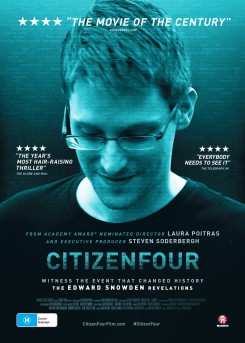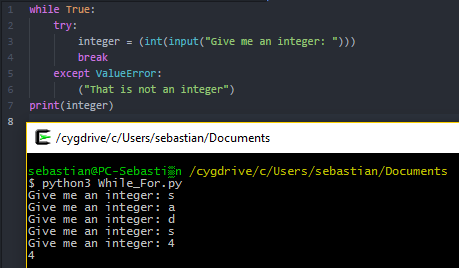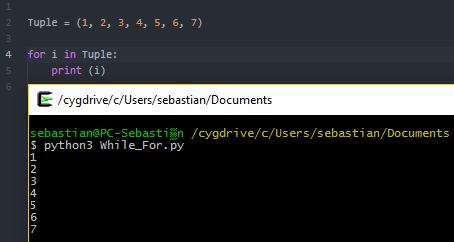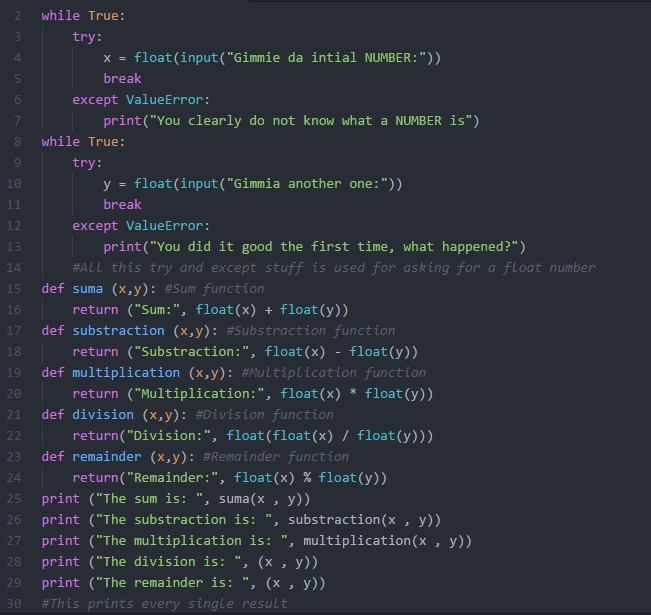--Originally published at Monty Python and the Blogging Tale
You will have to excuse me, but the next lines are going to be in Spanish:
El curso de Ken ya casi acaba, y la verdad es que fue muy diferente a lo que esperaba. Debido a que es flipped learning, pues pensé que sería una clase donde no trabajaría, pues no suelo trabajar cuando no siento la presión de alguna entrega; y por ende, pensé que no terminaría haciendo las actividades de manera abrupta, y de último moento (lo cual hice, en parte). Pero este método de aprendizaje me motivó en cierta manera a no atrasarme en los temas de todo el curso. A pesar de que mis blogs son muy sencillos, trato de hacerlos con cariño y cuidado, pero sobre todo, creatividad. La experiencia que tuve en el curso de tc101 2016 fue gratificante.
Este curso está hecho para gente interesada en los temas y trabajadora, si no estás dispuesto a trabajar por ti mismo, entonces lleva clase con otro maestro.
I’ll give this course an A+















 I just printed system32. And I am very happy.
I just printed system32. And I am very happy.